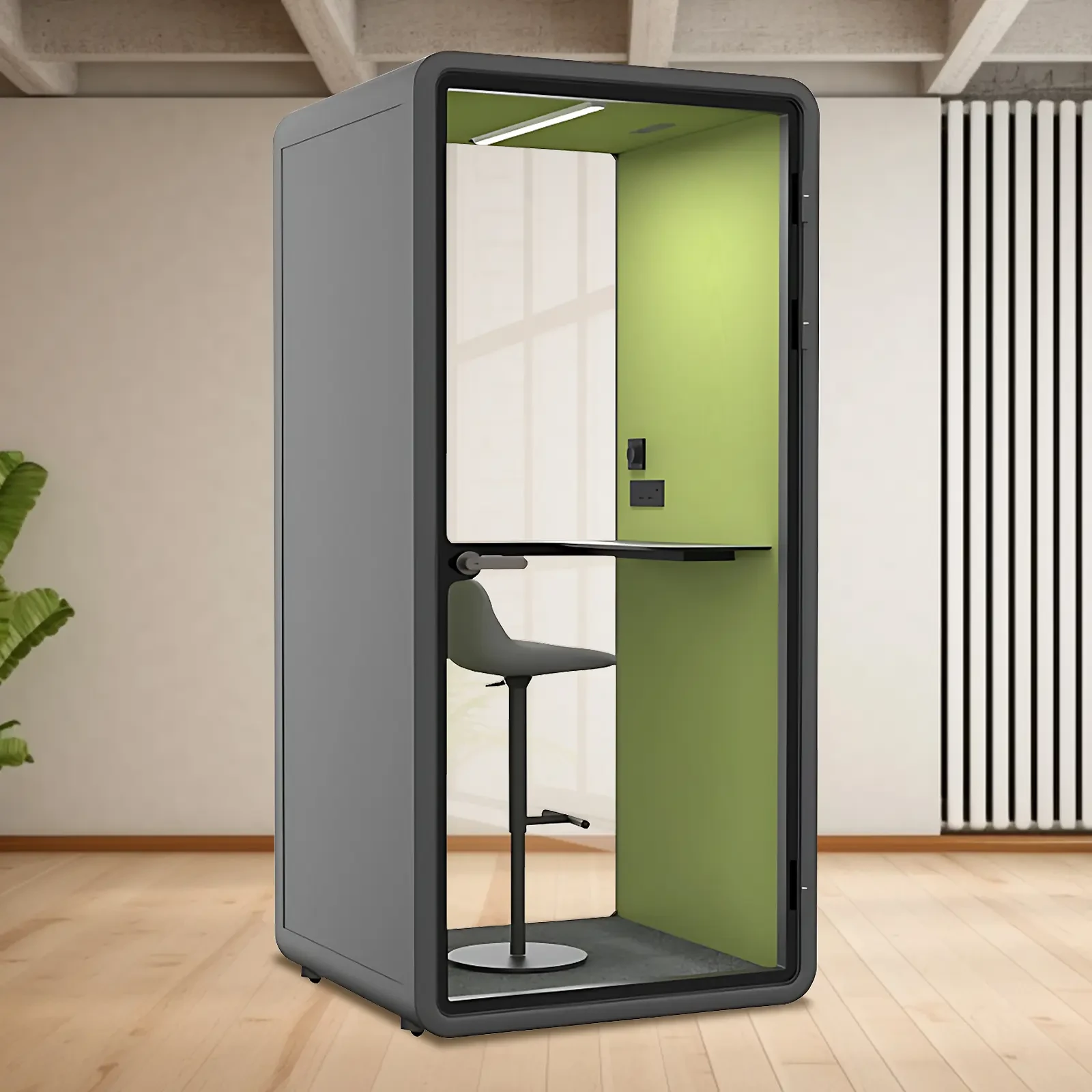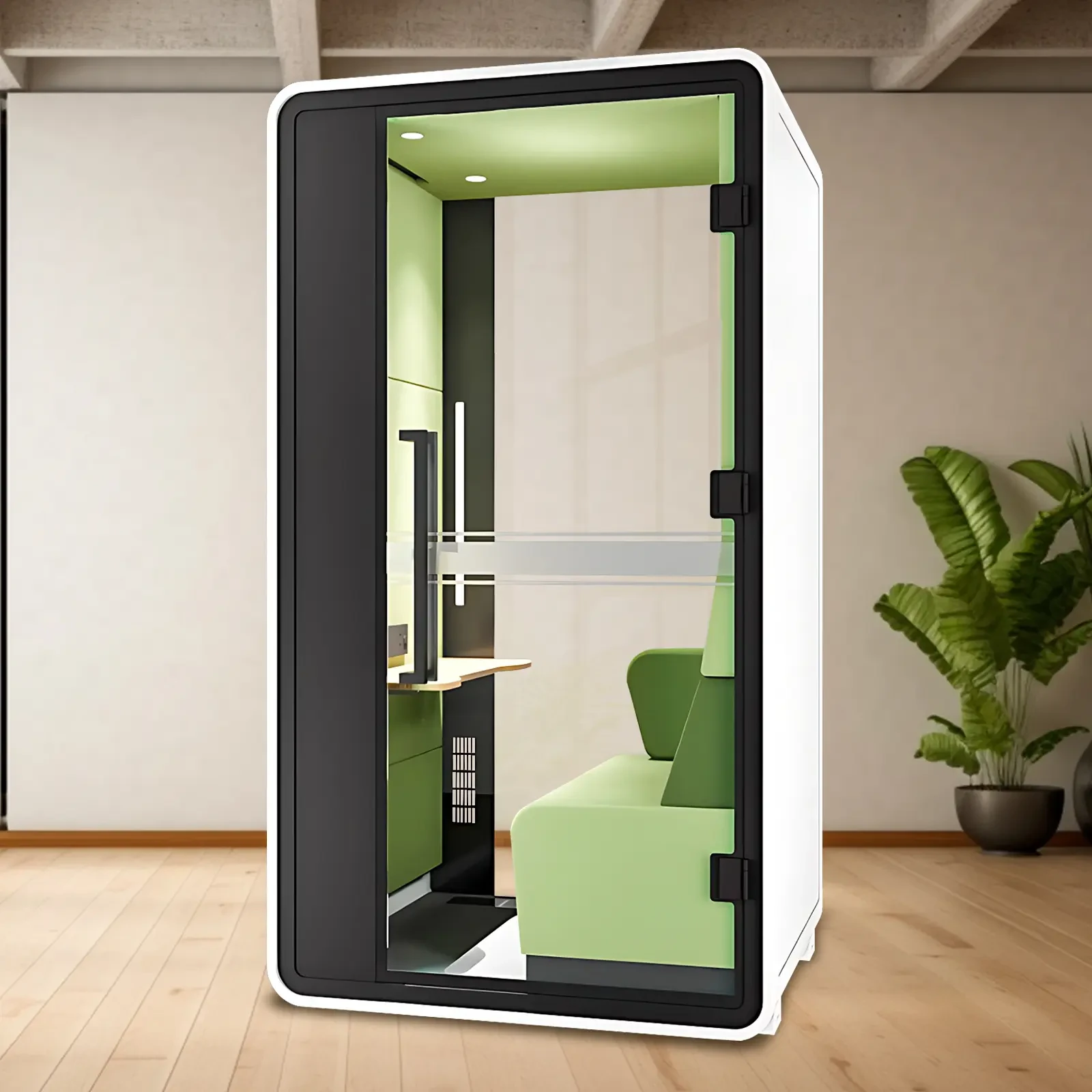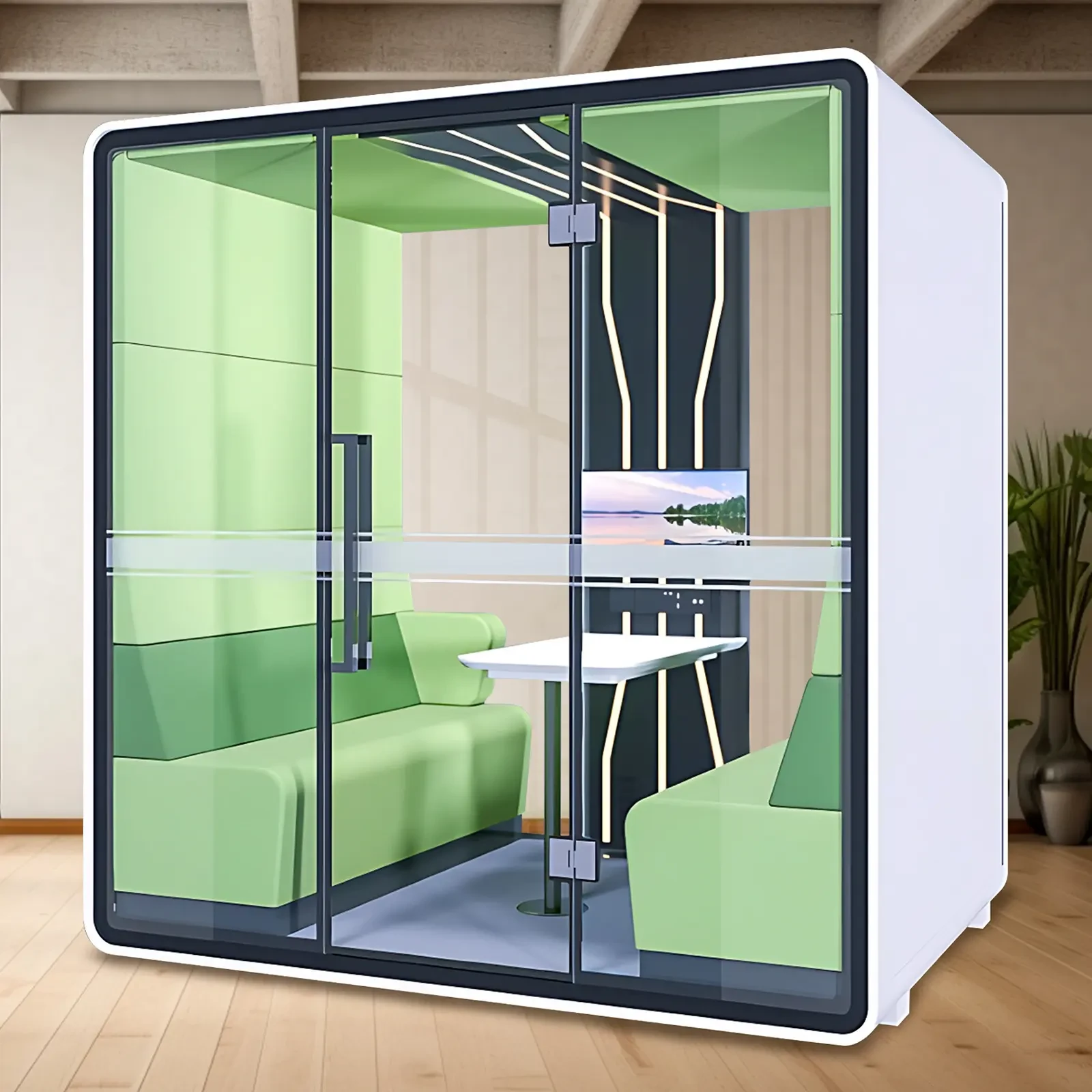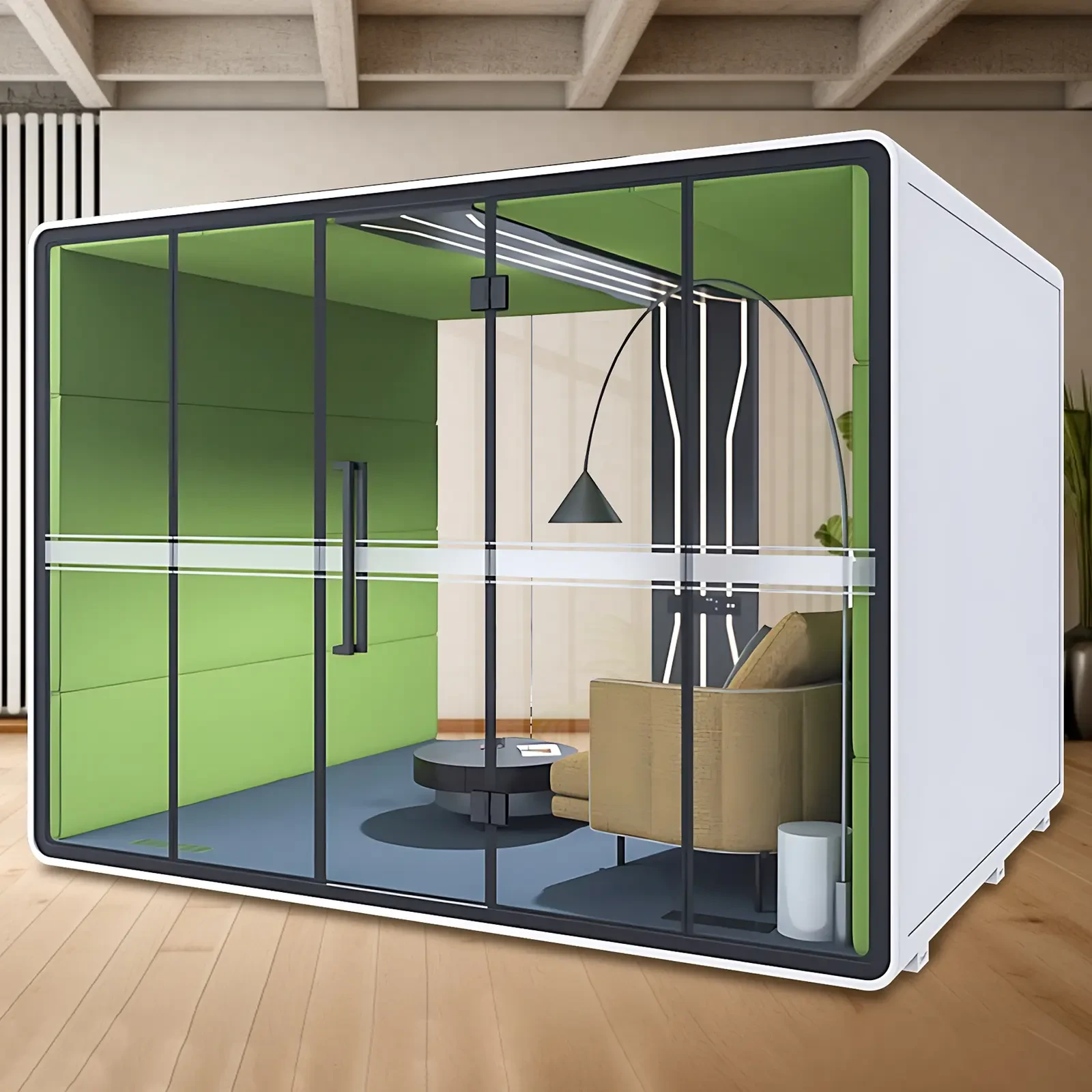As people age, decreased hearing sensitivity and difficulty understanding speech in noisy environments become common problems for the elderly. While traditional hearing aids can partially alleviate hearing loss, they offer limited improvement in speech perception in complex scenarios.
A recent study published in npj Science of Learning offers new insights into this challenge: immersive multisensory training significantly improves speech perception in noise among older adults, particularly those with reduced hearing and working memory. Conducted by a team from the University of Zurich, this research highlights the importance of synergistic sensory and cognitive training and provides a scientific basis for the design of future rehabilitation technologies.
The research team recruited 39 healthy older adults aged 61-80 years (average hearing threshold 21.52 dB, mild to moderate hearing loss). Using a crossover design, they compared the effects of pure auditory training (AU) with immersive audiovisual training (IM) supported by virtual reality (VR). Participants listened to natural continuous speech and answered comprehension questions during the training. Their speech perception threshold (SRT) in noise was also measured before and after the training.
Results highlights:
1. Immersive training has a significant effect: After IM training, the participants' signal-to-noise ratio (SRT) decreased by an average of 0.6 dB (a decrease in SRT indicates improved noise tolerance), while pure auditory training only reduced it by 0.12 dB.
2. Individual differences influence training benefits: Participants with more severe hearing loss (higher PTA) or weaker auditory working memory showed greater improvement in immersive training. For example, those with auditory working memory 1 standard deviation below the mean saw a 0.677 dB higher improvement in SRT after IM training compared to AU training.
3. Adaptability to cognitive load: In the immersive environment, participants maintained stable task performance throughout the entire training, while performance declined in the later stages of pure auditory training, suggesting that multisensory input may alleviate cognitive fatigue.
This research is highly consistent with the Integrated Perceptual-Cognitive System Theory (IPC) proposed by BA Schneider and MK Pecora-Fuller. This theory posits that speech comprehension relies on a dynamic balance between sensory processing and higher-order cognition. Immersive environments, by increasing redundant sensory information, force individuals to optimize resource allocation strategies. In the experiment, individuals with hearing loss benefited more from multisensory training, confirming the "sensory compensation hypothesis"-that when basic auditory ability declines, additional visual cues can effectively alleviate cognitive load.
While the study only validated short-term effects, its clinical significance cannot be ignored. Currently, hearing aid penetration is less than 50%, partly due to their limited support for complex listening scenarios. Immersive training offers a new approach to hearing rehabilitation: using technology to simulate real-world conversation environments may be more practical than traditional training.
Future research could further explore the mechanisms that maintain long-term effects and optimize the interactive design of virtual reality scenarios to improve user compliance. Furthermore, the effects of varying training intensity, frequency, and duration on outcomes could be studied to optimize training programs for optimal results in different individuals.
More information: Frei, V. & Giroud, N. (2025). Immersive auditory-cognitive training improves speech-in-noise perception in older adults with varying hearing and working memory. npj Science of Learning, 10:12.
Note: This article is reprinted from 21dB Acoustics

 USD
USD
 GBP
GBP
 EUR
EUR



